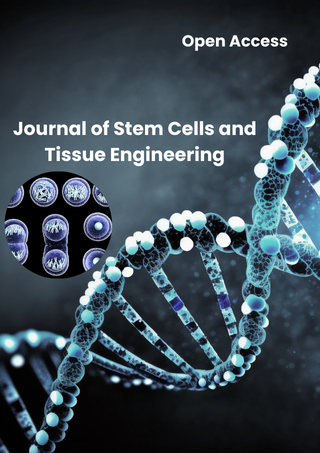Stem Cell Differentiation
Stem Cell Differentiation is the biological process through which unspecialized stem cells develop into specific, functional cell types such as neurons, cardiomyocytes, hepatocytes, or blood cells. This highly regulated process is influenced by intrinsic genetic programs and extrinsic signals from the cellular microenvironment, including growth factors, signaling pathways, and epigenetic modifications. Understanding stem cell differentiation is fundamental to developmental biology and regenerative medicine, as it enables the generation of targeted cell types for tissue repair, disease modeling, and drug testing. Researchers aim to control and direct differentiation through 2D and 3D culture systems, bioreactors, and scaffold-based approaches. Challenges remain in achieving efficiency, purity, and safety for clinical use. Mastering differentiation mechanisms is key to developing safe, reliable, and effective stem cell-based therapies.
Article Processing Timeline
| 2-5 Days | Initial Quality & Plagiarism Check |
| 15 Days |
Peer Review Feedback |
| 85% | Acceptance Rate (after peer review) |
| 30-45 Days | Total article processing time |
Indexed In
ResearchBib
Sindexs
OAJI
DOAJ
CrossRef
PubMed
MEDLINE
EBSCO A-Z / Host
OCLC - WorldCat
Journal Flyer


